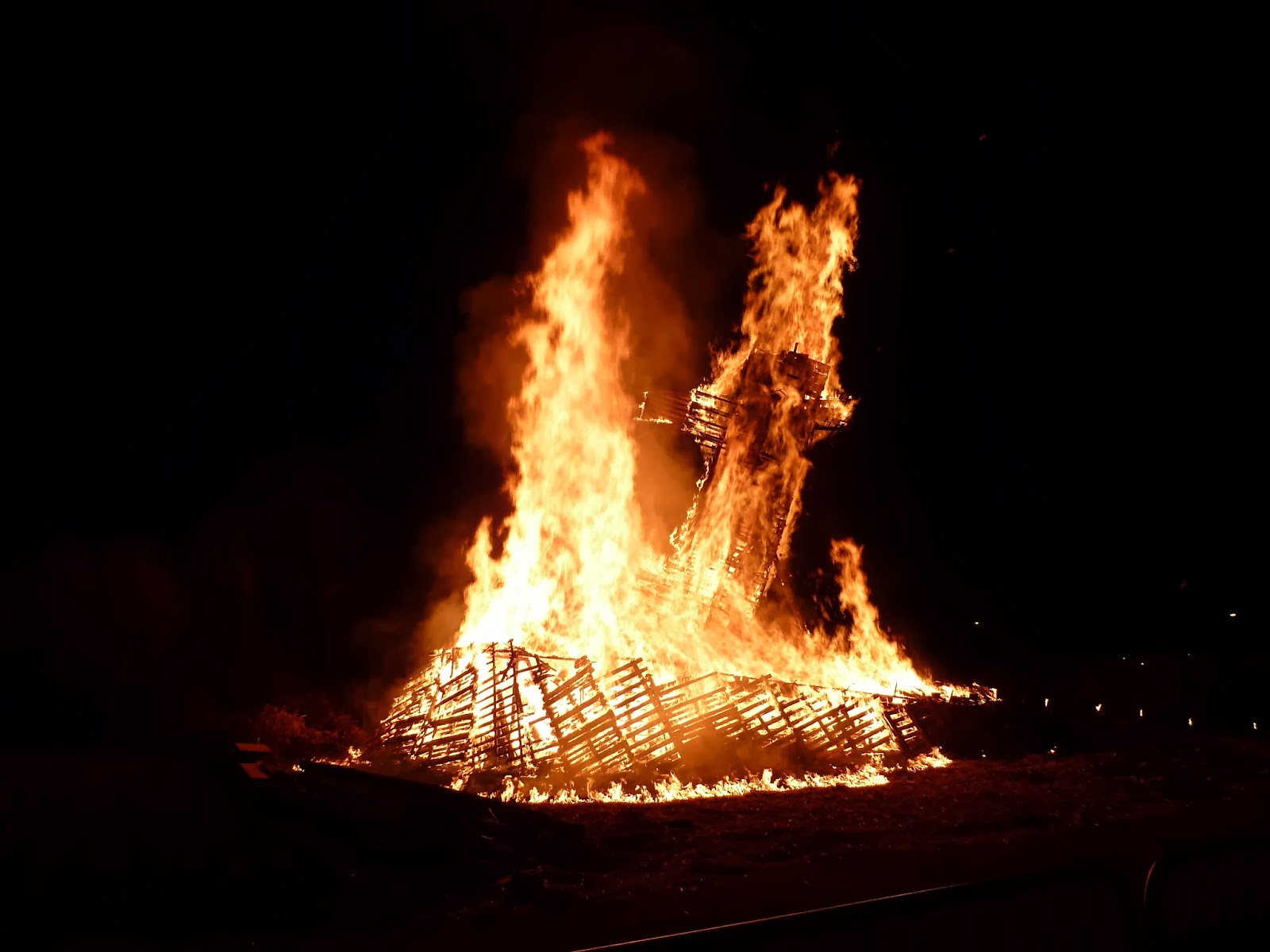At 08.00 on a
Monday morning I was looking at a graph which showed me the working hours of an
anonymous hacker sitting in front of a computer somewhere in the world. This
graph revealed that some breaches of cyber security are not the work of an
automated robot but rather an attack from a human being. The frequency of
attacks displayed a pattern which closely resembled an average working week:
Monday was the peak of activity whereas clearly the hacker had enough by Friday
afternoon. I was in the company of members of the British Chamber of Commerce in
Luxembourg, who had gathered at the Ambassador’s Residence for a “Business Breakfast”
talk on Cyber Security. The speaker was Dr Adrian Nish of BAE Systems, visiting
from the UK to inform Luxembourg-based businesses about the threats posed by
cyber criminals, cyber-spies, and cyber activists. It was an enlightening way
to begin the final week of my traineeship at the British Embassy.
 |
| Dr Adrian Nish speaks at a "Business Breakfast" |
The British
Embassy’s UK Trade and Investment team promotes goods and services export
opportunities overseas for British companies and supports overseas companies
who wish to invest in Britain. During my traineeship, I have experienced how
the Embassy supports businesses and and institutions in a wide variety of fields
to establish and maintain strong relationships between Britain andLuxembourg. Last
week I attended a public conference on the Transatlantic Trade and Investment Partnership
(TTIP), an issue of particular importance to the United Kingdom because we
believe that a comprehensive TTIP will help generate valuable European growth. One
role of an Embassy is to report back to London local developments on dossiers
of UK national interest.
What has
struck me most in my time in Luxembourg is how the British Embassy reaches out at
an individual level as well as on a global level. While I was gathering
together exhibits to display in our exhibition commemorating the centenary of
the start of the First World War, I was delighted to receive a number of
additional items loaned from local Luxembourg families and British
professionals working here. The descendants of one of the railway workers who
spied for the Allies offered us a collection of his certificates and
photographs. Another individual loaned us items from his newspaper collection. Without
the strong established ties between the Embassy and many local contacts we
would not have been able to showcase these items and reveal more about the
lives of those Luxembourgers who offered valuable support to the Allied cause.
.jpg) |
The
Secrets of Rue St Roch provides a detailed history of the espionage network
established in Luxembourg in the Great War.
|
Being here at
the heart of Europe has underlined to me the advantages that can be gained
through international collaboration. At the Foire de l’Etudiant, I met students
from France, Germany, and Luxembourg who were making decisions about where to
continue their studies. They had not confined themselves to one country or even
studying in their mother tongue but rather they were engaged upon finding the
right course for them or studying in a country where they might gain another
language. The freedom to move across borders benefits both the individual who
can move to find a job or develop a certain skill and businesses which attract
skilled workers that boosts the country’s economy.
Working at the
Embassy has been a valuable experience that has given me both a brief insight
into the complex internal workings of the Foreign Office and British diplomacy while
also exposing me at a grassroots level to the British Embassy’s sustained local
impact in Luxembourg through a varied programme of political, commercial,
cultural and social activity. It has
been a pleasure to work with talented and friendly colleagues and to meet many
of the interesting people of Luxembourg. Until next time, Äddi!
























